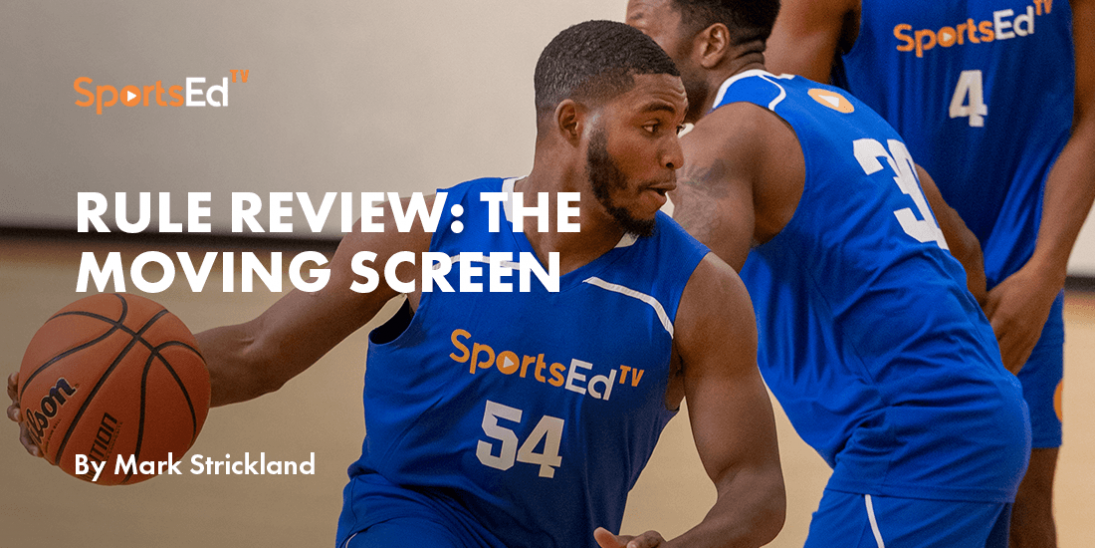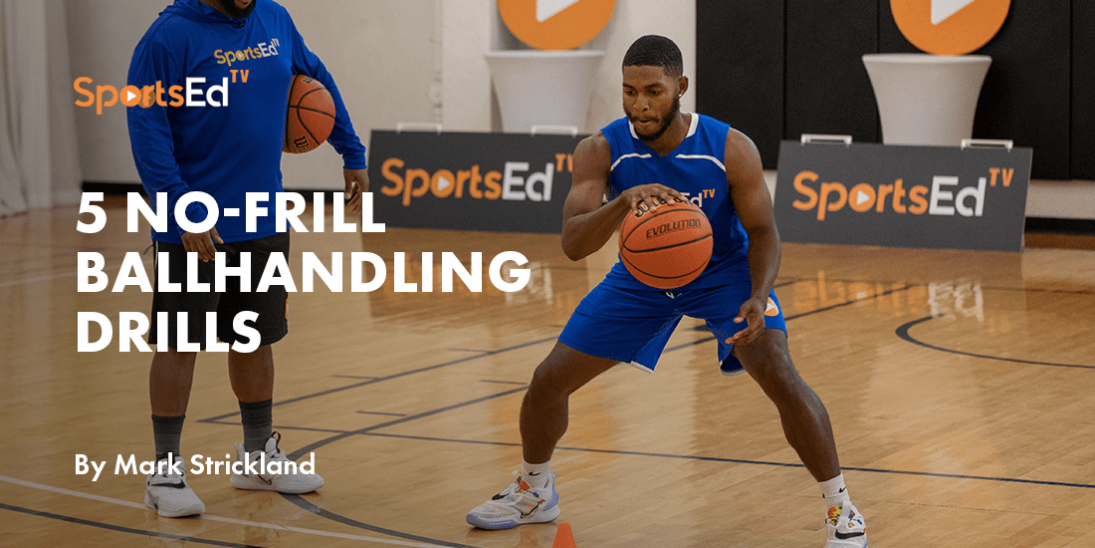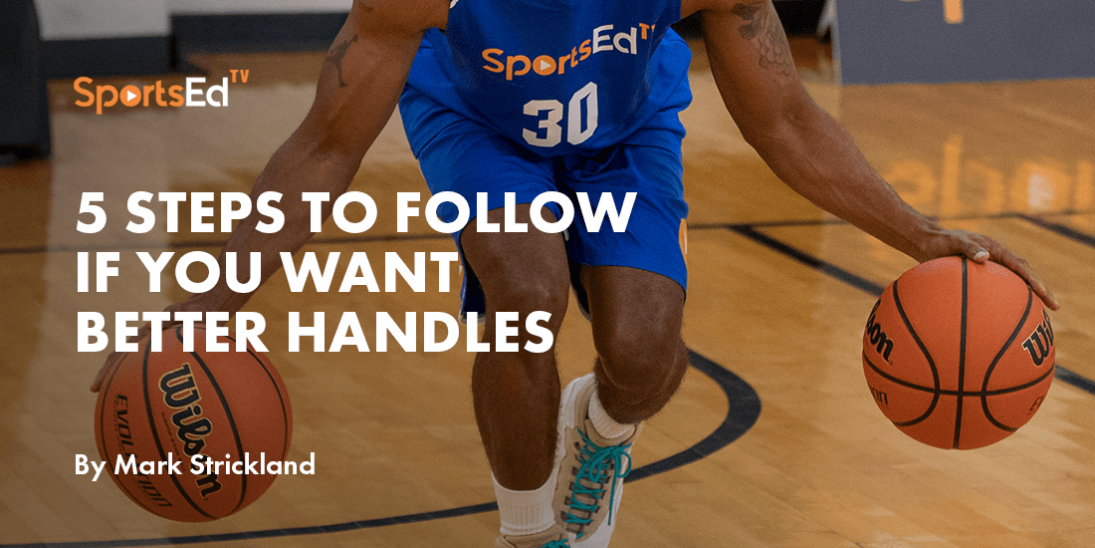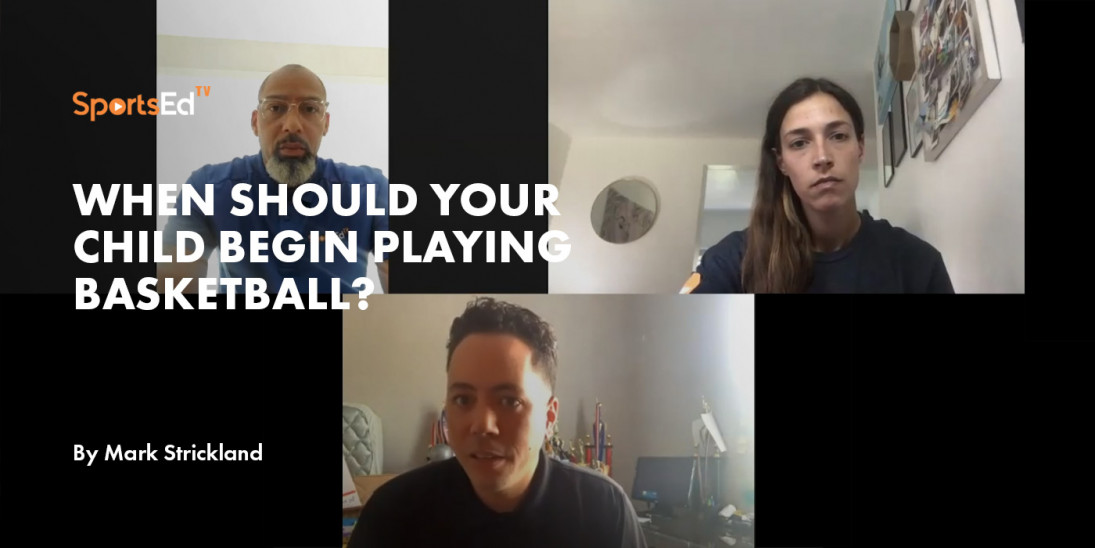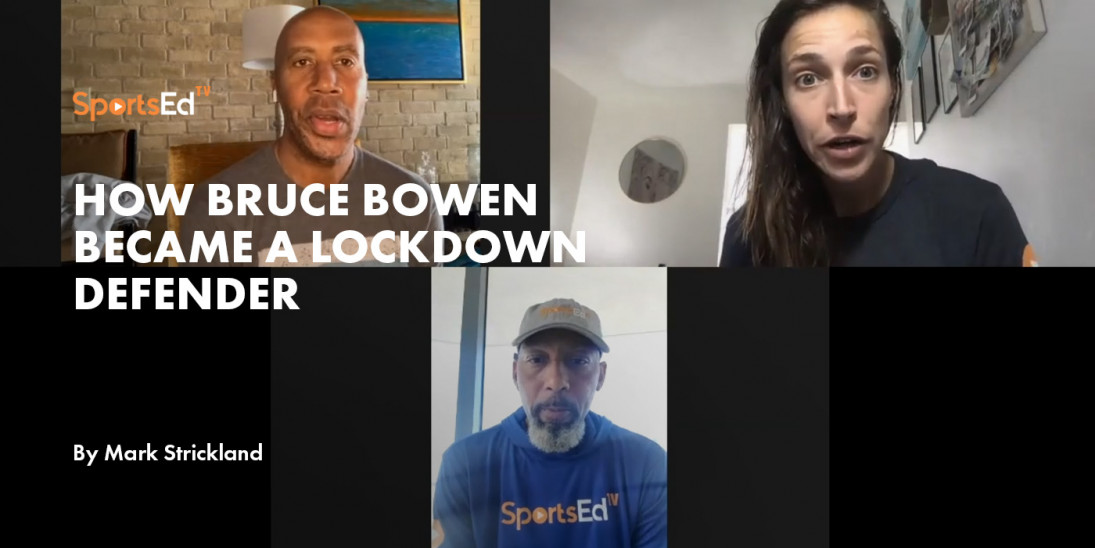Basketball
Welcome and thanks for visiting...

Jason Thompson On Finding Greatness & Giving Back To His Community
Jason Thompson, professional basketball player overseas and former NBA player, joins Mark Strickland and Jaki Goldner to discuss how his playing career formed his passions off the court. Thompson, a New Jersey native and Rider University alum, currently runs an environment of foundation, camps and events in his communities aimed to give back to the youth and create healthy habits.
You can follow Jason’s efforts here:
Instagram: @jtthekid
Foundation: @thejtfoundation
Camps & Events: @livelikejt
Training: @elitelevelathletetraining
SportsEdTV: Start off by introducing yourself and talking a little about all the pieces of your pie that you have going on now. What is your mission?
Jason Thompson: Yeah. Jason Thompson, 13 year professional basketball player. I played eight years in the NBA, the last five overseas. I was drafted 12th overall to the Sacramento Kings in 2008. I was from Know, born and raised in New Jersey, went to a small school and Ryder, which is not too far from where I'm from, which is, you know, lo be one mid-major school, you know, in high school, grew nine inches, grew three inches and put on 60 pounds in four years at Ryder. And that turned into being a lottery pick and ended up being with Sacramento for seven years. And then my last year in the league, I was with Golden State after they won the first championship and then finished my career with the Toronto Raptors, where I experienced my first playoffs and got to the Eastern Conference finals, where which I don't mind saying that we lost to the defending champion Cleveland Cavaliers and brought them within Game six. Then eventually I ended up going abroad. Out of those five years, I played in China for three of them. And then I played for Fenerbahce in Turkey and Europe, and got to the Euroleague Championship loss to Luka. And then Real Madrid unfortunately won a championship in China, one one in Turkey. And then the last couple of years I played in Spain and it finished off in China as well, too. And then I guess we're going to go off of the non
I got drafted in 2008 and in 2010, my cousin, who was the only female athlete in the family, had passed away with a certain heart disease hypertrophic cardiomyopathy. So I knew I always wanted to give back at some point. And so my main focus on my foundation was heart health. So trying to avoid obesity, diabetes and just trying to teach kids and young adults to eat clean, not saying that she wasn't, but that's just kind of a mission statement. So we've been doing that for the past 12 years and then had different events two years ago. Before COVID, we had our first annual Shura or raise awareness, had a scholarship and a kid had passed on or had fallen out during the game and then was able to finally get back into it where he could play a game. So we presented him with an award for his bravery and things like that kind of pretty much having the same condition than my cousin had at a young age. I also have a kind of umbrella for my foundation, which pretty much has a voice for the youth and kind of goes hand in hand with the foundation because like during Thanksgiving, we have a turkey and Thanksgiving. Inner drive, which I've been doing for 12 years or so, Christmas we’ll do a shopping spree for about 50 kids, for the less fortunate and stuff and then to tie in the foundation like during the springtime, I'll give out about one hundred and fifty bikes and helmets to kids. I'll do a trial and just try to teach them to not just be on video games and be in the house all the time, just staying active and stuff.
I also have camps that have been going on. Most of them were in Sacramento and then once I left there, I have them in my hometown in New Jersey. So I've been doing that for the past. For 14 years as well, I haven't had it the last two years just because I didn't want to fall on COVID and, you know, I just don't want that on my conscience of them getting sick because of my camp. We would have, you know, three hundred three hundred and three hundred and fifty kids or so, you know, and you know, I just couldn't, I just couldn't do it. So I'm going to have it again this August. And, you know, other other things I've just been doing, I've been going into, you know, I've been doing broadcasts and I've been I also, you know, like I said, train kids as well here in the tri state area of Jersey, Pennsylvania, Philly, Delaware. So I've been doing that for the past two years. And you know, like I said, just really involved in the community going to make a park in the process of making a park, having a trail with courts or people and kids and stuff can exercise and all those type of things. So always just give it back. But most importantly, just being able to help the youth and ones in need and doing stuff that I actually enjoy doing.
SportsEdTV: How long do you think you're going to continue to play?
Jason Thompson: Yeah, right now I'm one foot in, one foot out, OK? You know, I'm in shape to still play, but you know, I know from, you know, obviously you've played at, you know, for a long time. And you know, for me, it's like, you know, in a way, it's like, you know, it's not as fun in a way, you know, but I'm smart with it where, you know, it's a lot of money as well, too, and I'm in shape. I can still play the game, but also I'm very into if I'm passionate about something and I can have an impact on the kids, I rather put more effort into something than just continuing to play. So a good question, but you know, for the most part, I feel like I'm focused on things like, you know, with you guys and other things I've been doing. Most likely, I'm going to probably either be my last year or be done.
SportsEdTV: You mentioned you've been doing your camp for 14 years, but you also are starting to think that you'd rather give back to the youth. Are there some points in time in your career or any one or anything that kind of influenced you to start like to to influence you to to get into the community efforts and giving back to the youth and everything?
Jason Thompson: Yeah, I mean, I think that, you know, I have a very unique story. You know, like growing nine inches in high school during college and having to put on weight and those types of things. So I was a late bloomer. I went to a small school. Yeah, I wanted to leave, you know, my second year. But then smartly, the school got my brother to go, so I went to the same school with him. So I say that to say that like being able to educate the kids to where, you know, now you. It's tough because I feel like my biggest impact is with the youth of trying to get to college and then trying to become a pro. And I think that there are some things that I didn't know and I didn't have, and I was still able to be successful in it. So for me to be able to experience it but give them the light, you know, a lot of kids that, you know, I have a big thing and repertoire with my school at Rider. So I talk to the kids a lot. The players and, you know, with social media and all those type of things, a lot of them are going through a lot of a lot of different things, and they come to me to ask for advice on different things.
And you know, like I said, we're athletes, so we know that. I always tell them, look in the mirror for like, you know, you can't just blame your coach for not getting playing time. You need to go in there, talk to them and say, What can I do? Because if you blame everything on them, they're the one that's getting calls from coaches and other things. If you have a bad attitude and all those type of things, you're just going to keep digging yourself a hole. So pretty much is that it's just having that impact of giving to them talking to you on the court, off the court, even if it's on the field as well, too. So I feel like that's my biggest impact. I may want to get into coaching as well. Now, I think, like I said, I'm not the lead person anymore. I feel like the better impact and not in high school. I think it will have a better impact for me, maybe college. But like I said, I'm in the works. Back as well.
SportsEdTV: How has the youth responded to your message, and your experience, in that you don’t have to go to Kentucky, or Duke to be successful or have a path to professional basketball?
Jason Thompson: Yeah, I mean, I feel like I went, you know, part of my experiences was just going off of learning from the guys that were older than me. I feel like, you know, obviously the you know, the biggest thing was to go to the Carolinas and the Dukes and things like that and guys in my area, you know, I can go from, you know, dual Wagoner. He was, you know, the Messiah, you know, the number one player in the country. And we all know it is. But he, you know, he was a diamond in the rough. You know what I mean? So those types of things, you know, those types of players only come around a certain type of time. So, you know, most of the guys from our area will go and commit to bigger schools. They weren't ready and then they were just transferred to a mid-major or something like that. For me, when I was, you know, getting recruited and like I said, I still was kind of at the time, you know, my senior year, I was six eight one nine. Like, I had no muscle or no nothing. So I was definitely, you know, a product.
You know what I mean? I was 5’11”, 6’3”, 6’8”. So I go from a guard to a big and, you know, falling down and all those types of things. So I try to tell and also to. We were in an era where, you know, with newspaper clippings in those types of things too. Nowadays, the gift and the curses the kids have so much exposure to, you know, all this life and IG and Twitter, where if they have a great game, they think they're going to be first team all-American and wherever they're at. And then they don't play as hard. They sit out and they commit and all those types of things where I feel like where we had to, you know, work a little bit differently. And like I said, I remember going into the draft, I had a website to put up, you know what I mean, like? And like I said, I still was on all the draft things and all that type of stuff, but just to promote myself. And like I said, that was the genre. Now it's laughable now, you know what I mean?
Well, all right. I mean, I was at the time I was senior and just trying to do everything to just get it because, like I said, no one. I mean, still to this day, I think the only people that know Reiner is because of me. And even then, they probably still don't know where Ryder is or where is that, you know? So I say that to say, like, Hey, it doesn't matter the school that you are in, people are always going to notice it. You know, you can be a big fish in a small pond. And like I said, you mentioned it with C.J. and then Dame and then Paul Millsap.
Yeah, right. Paul Millsap, all these mid-major guys, you know, even Steph, you know what I mean? All these guys that have gone to those schools where it was like, no one, really, they were like, Oh, we're not looking at them. They're putting big numbers at small schools nowadays. They're like, Yeah, like, these guys can be lottery picks and be real focal points on teams. And I think that they don't. And I feel like that's helped the mid-major schools and small schools. So I tell that to the kids like, yo, you don't have to go and you don't have to be perfect at everything. When you try to find one or two things in your game that you could be good at because everybody wants to come in there and score 20 points a game, you know, it's only one basketball. Yeah. You know, I mean, so you've got to be, you know, good at a few things and get looked at and everybody's watching body language, everyone's everything's on film. Even if a gym is empty. My Sheskey, North Carolina, all the schools still see that film, so I kind of just put that in their head to make them focus.
SportsEdTV: Have you gotten any stories back from families or kids who you talk to? Have you noticed over the 14 years the debt that you're making in the community or change? Are there any changes or any of that?
Jason Thompson: Yeah, yeah. Great question. I think you know that the best feeling in the world is how many people that I've impacted over the years, right? And sometimes, you know, most of the time I take it in and I don't ever want to publicize it in a way because, you know, everybody wants to be private and it's fine. But you know, it's a great feeling for me and it knows that I'm doing the right stuff and I try to publicize it because at times, because I think it's important and I don't do it just for shine and all that, it really comes from the heart. So I do it more for, you know, if other people want to get involved because at times I kept it real low key. And then the more I was bringing it out there, more people were reaching out to me like, Hey, I want to help with this. I want to raise money. I want to, you know, send you this so you can keep continuing what you do. I love what you're doing. So I feel like the people love consistency as well. And I feel like that's most important. Where you're organized, you're consistent. One thing I always preach on is I'm always there, and even when I'm not there, I'm either, you know, on FaceTime or I'm on something like that.
And then after the season, I'm going to come to that facility and I'll speak to them, to the kids and stuff just so they feel my presence. Same with my camp where I'm there every day and I'm having meetings with the counselors and all those type of things where it's a learning experience from everything. And I feel like the parents come up to me and they appreciate it. And you know, that's the most important thing for me is knowing that I'm not just there, just to have it, just so it looks good for my resume and stuff like that. Like, I actually want to see these kids succeed. And the more parents you talk to and kids you talk to, they really don't have, you know, they don't get that vision. So if I'm the type of person that can help them and put them in the right phase, it's up to them to do the best of it. And I think that that's the best feeling that I can have.

